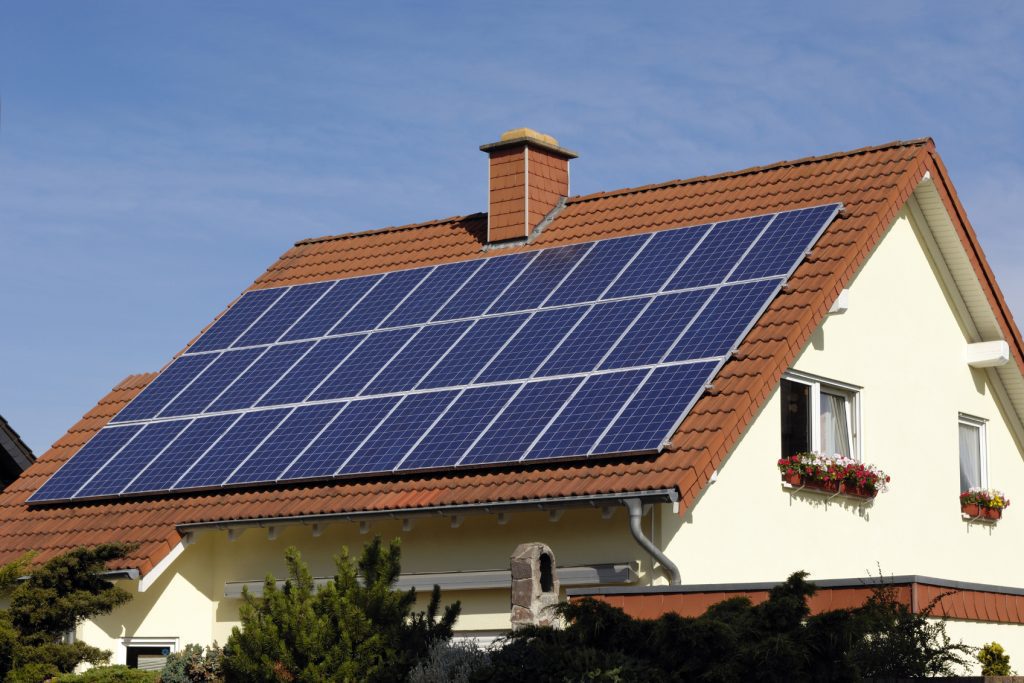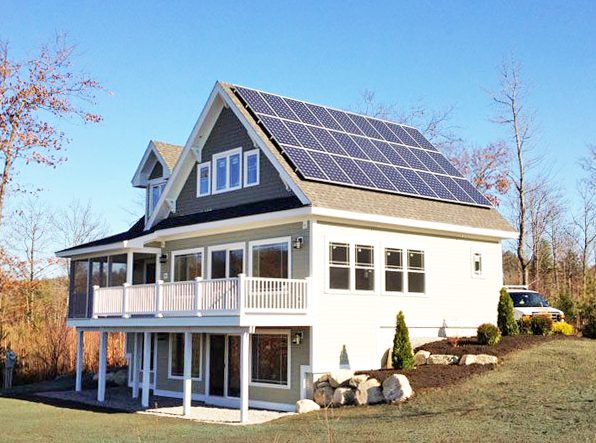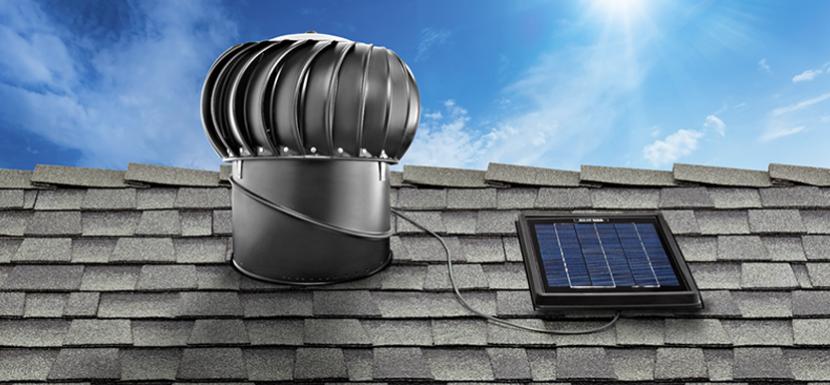#1 High Density Panels

The solar panels efficiency can be determined by how dense they are. You will be able to produce more energy if you choose panels with a high density, even though these panels can be more expensive. Compare the density of different panels before you decide which ones you want to purchase.
#2 Scheduling

Avoid technology which relies on the sun’s scheduling. Many of the latest panels can store the energy of the sun whenever it’s shining; therefore, you can use your panels anytime, day or night. If you most of your energy usage occurs at night, this is ideal.
#3 Using A Battery

If you want to get off the grid, you will need to store power for when the sun is not shining. A battery can store this excess energy, or you could also sell the excess to a company that maintains a primary power grid.
#4 Solar Grants

Search for grants and rebates to help pay for solar panel installation. Solar energy equipment can be an expensive investment but there are often rebates and other incentives from local, state or governmental agencies to help offset the initial cost. Do your research and you may find great programs that offer rebates, grants or other incentives to help you get the solar power equipment to get you started. They can help lower costs considerably. If you qualify for a tax rebate, you will receive a tax return to cover a part of your expenses.
#5 Start Small

You do not have to purchase an entire solar energy system at once. Sometimes it is more economical to start small. A solar powered attic fan turns on automatically when it becomes too warm. You’ll reduce the cost of cooling your home by having this solar-powered attic fan remove hot air from your home. Also because it’s run by solar energy, you won’t have to pay for the electricity it creates.
